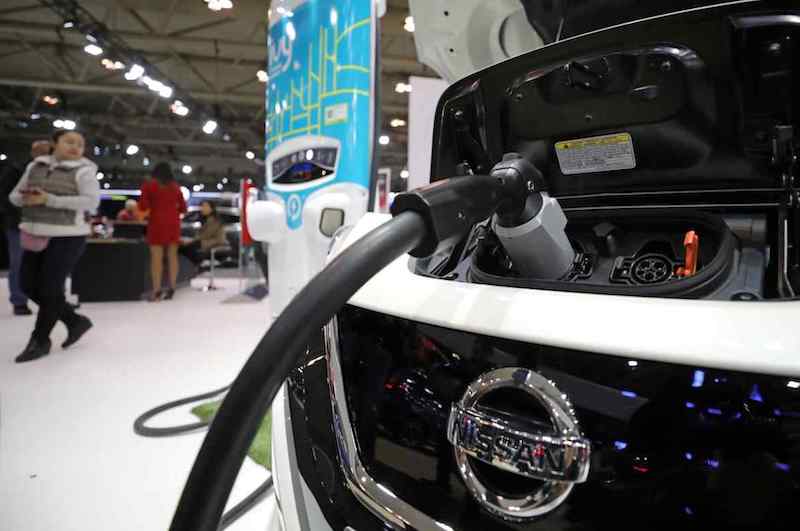Nissan Motor Co said it will spend 2 trillion yen ($17.59 billion) over five years to accelerate vehicle electrification as it bets tighter carbon emission restrictions will spur demand for electric cars and hybrids.
Japan’s No. 3 car maker will introduce 23 electrified vehicles by 2030, including 15 electric vehicles (EVs), and plans to introduce all solid-state batteries by March 2029, it said in a statement.
Nissan, which was among the first mass-market EV makers with its Leaf model, is aiming to win market share with its deeper push into electrified vehicles and fend off rivals, including newer entrants such as Tesla Inc.
Its renewed commitment to battery-powered cars comes as consumer demand for such vehicles grows in key auto markets such as China and the United States.
Chief executive Makoto Uchida said Nissan aimed to make EVs affordable for more drivers. “We will advance our effort to democratise electrification,” he said in an online presentation.
Nissan shares fell as much as 4.9% in morning trading in Tokyo, underperforming its major rivals.
Although still only a small portion of vehicles on the road, global electric car registrations in 2020 grew 41% even as the overall car market contracted by almost a sixth, the International Energy Agency (IEA) said.
Nissan, however, has yet to commit to completely abandoning fossil-fuel vehicles.
At the UN climate summit in Glasgow this month, major car makers, including General Motors and Ford Motor Co, signed on to a declaration that committed them to phase out fossil fuel vehicles by 2040.
UK Battery Plant
As it readies to compete for the growing demand for EVs, Nissan in July pledged $1.4 billion with its Chinese partner Envision AESC to build a giant battery plant in Britain that will power 100,000 vehicles a year including a new crossover model.
CEO Uchida said Nissan will make EVs more affordable by reducing lithium-ion battery costs by 65% within eight years.
Rivals, including Toyota Motor Corp, which also declined to sign the Glasgow pledge, are also ramping up their battery production capacity.
The world’s biggest automaker by production volume plans to have 15 battery electric vehicle (BEV) models globally by 2025 and will spend $13.5 billion by 2030 to develop cheaper, more powerful EV batteries and their supply system.
Toyota said it is aiming to introduce solid-state batteries by the mid-2020s.
Those power packs are a potential game-changer for automakers because they are more energy dense and less prone to catching fire than liquid lithium-ion power packs. They are, however, prone to cracking and currently are more expensive to produce.
- Reuters with additional editing by Jim Pollard
ALSO READ:
Nissan Aims For 50% EV, Hybrid Sales By 2030: Nikkei
Honda, Nissan and Toyota See China Car Sales Crash
Nissan Battery Partner Envision to Pump $460m Into New Japan Plant
























